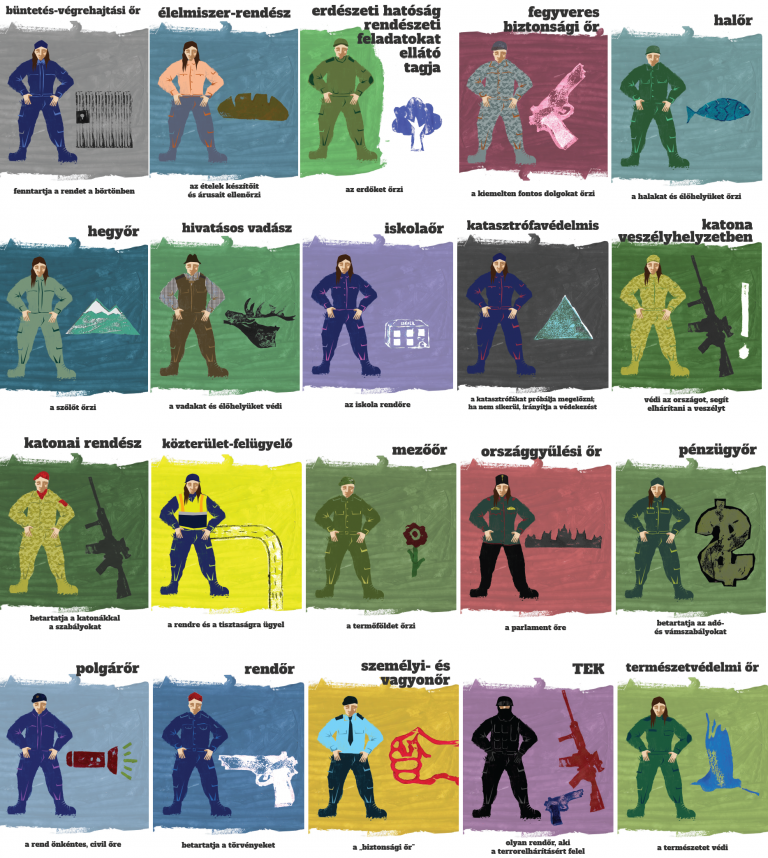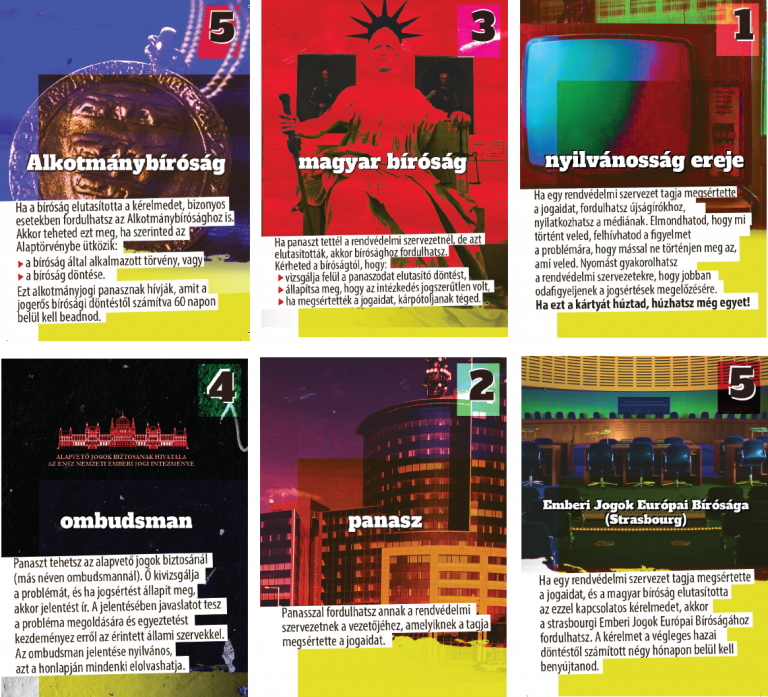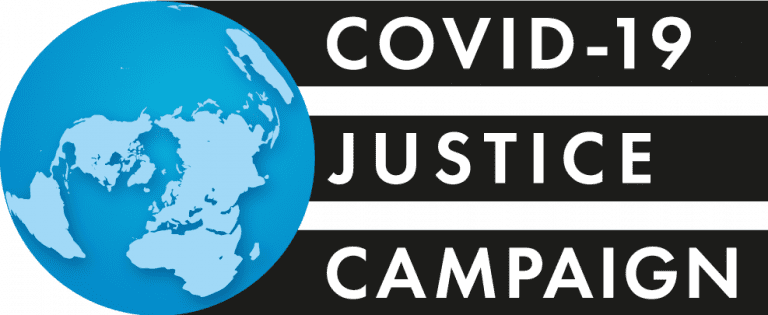Our research report on the military as (an extra)ordinary law enforcement power in Hungary
The Hungarian Helsinki Committee has carried out an exploratory study on the past few years’ militarisation tendencies and the changing constitutional role of the military in Hungary.
Summary of activities and outcomes:
- Mapping changes and analysing legislative and administrative steps that contribute to militarisation efforts;
- Our research report shows how in the past years, the tasks of armed forces as domestic law enforcement authorities have gradually multiplied in Hungary, substantially altering the constitutional role of the Hungarian military. As part of this changed constitutional role, the military has been vested with the right to apply coercive measures against the civilian population of Hungary and has gained general law enforcement powers traditionally belonging to the police. The amplification of the authority of the military was introduced by several consecutive modifications of the laws adopted by the one-party dominated parliamentary majority. See our full research report in Hungarian.
- The research has pointed out to us that there are various authorities exercising the state’s monopoly of violence, and it is unclear to what extent each of them are vested with the right to apply coercive measures against the population. We created a unique gamified know-your-rights tool, a plain language card game introducing twenty of these authorities, such as the counter-terrorism agency, the police, and even “field guards”. The card game also introduces the most important human rights bodies to turn to when an authority violates someone’s basic human rights. By having this unique card game, HHC now has a tool to provide long-term support in its effort to educate and empower society on their rights when they encounter authorities, and to explain remedies for victims suffering a human rights violation by these authorities.


This research was carried out as part of an international project coordinated by Fair Trials, which examined the effect of COVID-19 on different aspects of justice systems around the world.
